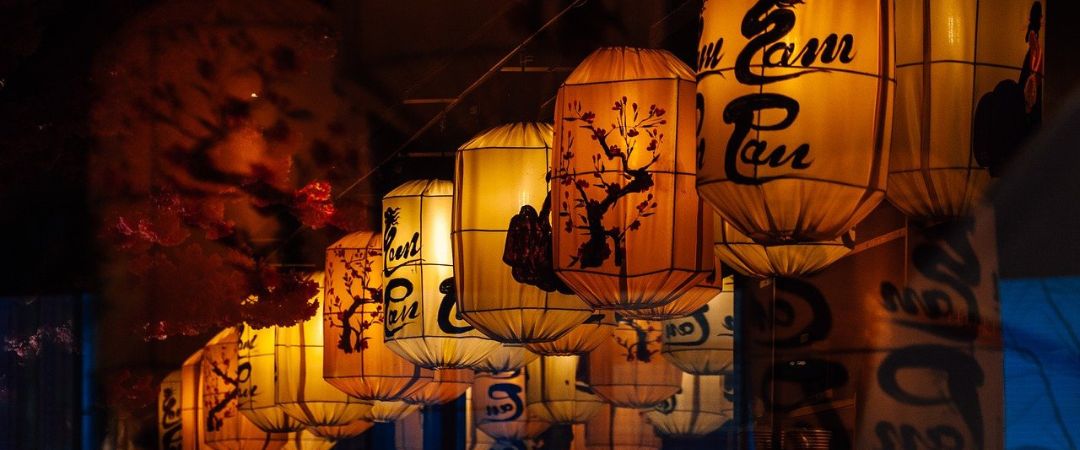In the realm of traditional Chinese medicine, the Five Shens represent the connection between our physical body and spiritual self. Rooted in ancient wisdom, the Five Shens embody the various aspects of consciousness that govern how we interact with the world, process emotions, and experience mental clarity. When these aspects are in harmony, we feel grounded, present, and at peace. But when they fall out of balance, life can feel chaotic and disconnected, leaving us struggling with both physical and emotional challenges.
The concept of the Five Shens is divided into five distinct aspects, each residing in a different organ. The primary Shen, housed in the heart, governs our mental clarity, emotional stability, and capacity for love. It is the center of our consciousness, and when in balance, it allows us to experience joy, compassion, and emotional resilience. But when the heart’s Shen is disturbed, it can manifest as anxiety, insomnia, and emotional turbulence, creating a sense of unease that permeates daily life.
The liver’s Shen, known as the Hun, is responsible for our creativity, vision, and sense of purpose. When the Hun is in harmony, we are able to plan for the future and pursue our goals with clarity and determination. But when it falls out of balance, we may feel frustrated, stagnant, or unable to move forward. The liver, often associated with the element of wood in Chinese medicine, plays a crucial role in how we adapt to life’s changes and challenges.
Meanwhile, the lung’s Shen, known as the Po, governs our connection to the physical world. The Po helps us process grief and loss, allowing us to release what no longer serves us and embrace new experiences. An imbalance in the Po can lead to difficulty in letting go, causing sadness or a feeling of being weighed down by past experiences. The lungs’ connection to the breath symbolizes our ability to both take in and release, a vital rhythm for emotional and physical health.
The spleen’s Shen, or Yi, governs our capacity to focus, think, and process information. A balanced Yi allows us to concentrate and solve problems with ease, but when unbalanced, we may feel mentally fatigued or overwhelmed. This aspect of the Shen also plays a role in how we process nourishment, both physically and intellectually, making it central to our ability to absorb new ideas and maintain mental clarity.
Finally, the kidney’s Shen, known as the Zhi, is connected to our willpower and sense of determination. The Zhi provides us with the strength to persevere through life’s challenges, giving us the courage to pursue our ambitions. When in balance, it fosters resilience and drive, but an imbalance can lead to fear or a lack of motivation. The kidneys are associated with the element of water, symbolizing the depth of our will and the flow of our life force.
The practice of traditional Chinese medicine, through acupuncture and herbal treatments, offers a pathway to restoring balance among the Five Shens. Each session is tailored to address the specific imbalances within the body, promoting harmony between the physical, emotional, and spiritual aspects of life. By targeting the underlying causes of imbalance, this holistic approach allows individuals to experience profound shifts in both their physical health and emotional well- being.
As we navigate the complexities of modern life, it’s easy to lose touch with our inner balance. Stress, overwork, and emotional burdens can disrupt the harmony of the Shen, leading to feelings of anxiety, fatigue, or a lack of direction. But by returning to the ancient practices of Chinese medicine, we can restore the delicate balance between body, mind, and spirit, creating space for healing and growth.
The Five Shen remind us that true health is not just about the absence of illness—it’s about cultivating harmony within ourselves. When our Shen are balanced, we can move through life with greater ease, joy, and purpose. This ancient wisdom offers us a timeless guide to reconnecting with our inner self and finding peace in the midst of life’s challenges.

